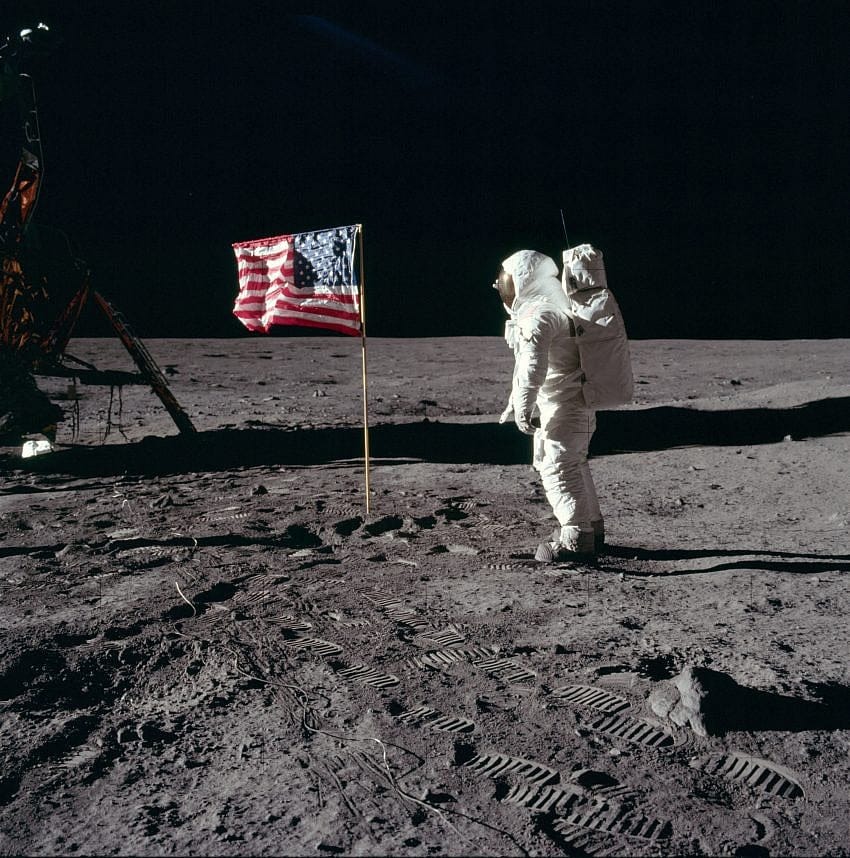When America Was Great

The fiftieth anniversary of the Apollo 11 mission reignited controversy about America's greatness (or lack thereof). Putting human beings on the moon decades before the Internet was a singular achievement. One might think it obvious that such a monumental accomplishment is evidence that the United States has been a great nation.
Not everyone agrees. Skeptics point to national sins such as slavery, displacement of Indigenous people, state-enforced segregation, and gender discrimination as evidence that America was never really all that great. But this is to confuse greatness with perfect goodness. America's historic offenses, as grievous and unjust as they were, prove the rule that America has been both great and good, though not perfectly good.

